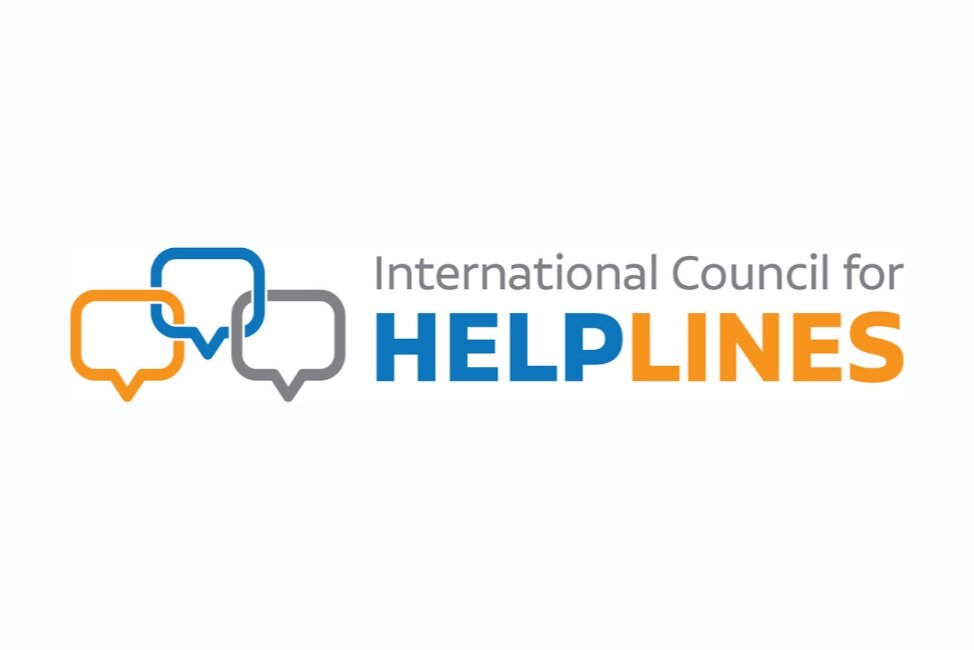

Talk it Out
Mental Health
While talking about mental health can make people self-conscious or worried that there’s something wrong with them, one way to think about it is that it is essentially the same as physical health. When you think about it this way, it’s easy to understand how being mentally healthy can include connecting with friends, and pursuing fun hobbies the same way being physically healthy can include drinking enough water and getting exercise. When we don’t take steps to stay mentally or physically healthy, we can start feeling bad and getting sick.
When our thoughts and feelings are upsetting us, it can feel overwhelming and like it’s never going to get better. Getting lost in the “what if” line of thinking can make uncomfortable feelings worse, so it’s important to practice noticing when you’re getting upset so you can take steps to take care of yourself. One tool that can help you get out of your head and back into the present moment is to do a grounding exercise. These can be adapted to fit your preferences and you can even make up your own. The essentially involve noticing your body and what’s going on around you.

5 Senses Exercise
Start by taking a deep breath and centering your attention on your body and your physical surroundings. Take some time to notice:
- 5 things you can see
- 4 things you can touch physically
- 3 things you can hear
- 2 things you can smell
- 1 thing that you know is true about yourself
If you’re at a point where you’re feeling bad or unlike your old self, it’s better to try to get support sooner rather than later. Anxiety symptoms can start in elementary school and many people with depression report their symptoms started in middle school. Experiencing a significant challenge or trauma symptoms can happen at any age and the sooner you can get support, the more likely you are to be able to process what happened and figure out healthy ways to cope.
It’s important to remember that mental illness is nothing to be ashamed of because it is a medical problem, just like heart disease or diabetes. With the help of counseling, peer support and sometimes medication (not always), the vast majority of individuals living with a mental health diagnosis continue to function in their daily lives. If you want to speak to someone about all treatment options available to you, please contact us directly.

Getting an Assessment
In Washington State, if you are above the age of 13, you do not need the permission of your parent/guardian to talk with a mental health provider; however, it may be a good idea to let them know, because it could show up on insurance. An assessment should be performed by a Licensed Mental Health Professional. They will consider multiple aspects of a person’s life including medical, mental health history, substance use history, and tools to help assess cognitive function. Contact us to find out where you can get an assessment.
Looking for more info or resources?
Find the most typically requested services and resources. For more information or for further help, please contact us.
For youth 21 and younger
CALL | TEXT | CHAT
866-833-6546
TO SPEAK WITH TEENS
CALLS 6-10PM
CHAT & TEXT 6-9:30PM
TO SPEAK WITH AN ADULT
CALLS 3-6PM
988 SUICIDE & CRISIS LIFELINE
CALLS 24/7 | DIAL 988
24-HOUR CRISIS LINE
CALLS 24/7 | 866-427-4747




